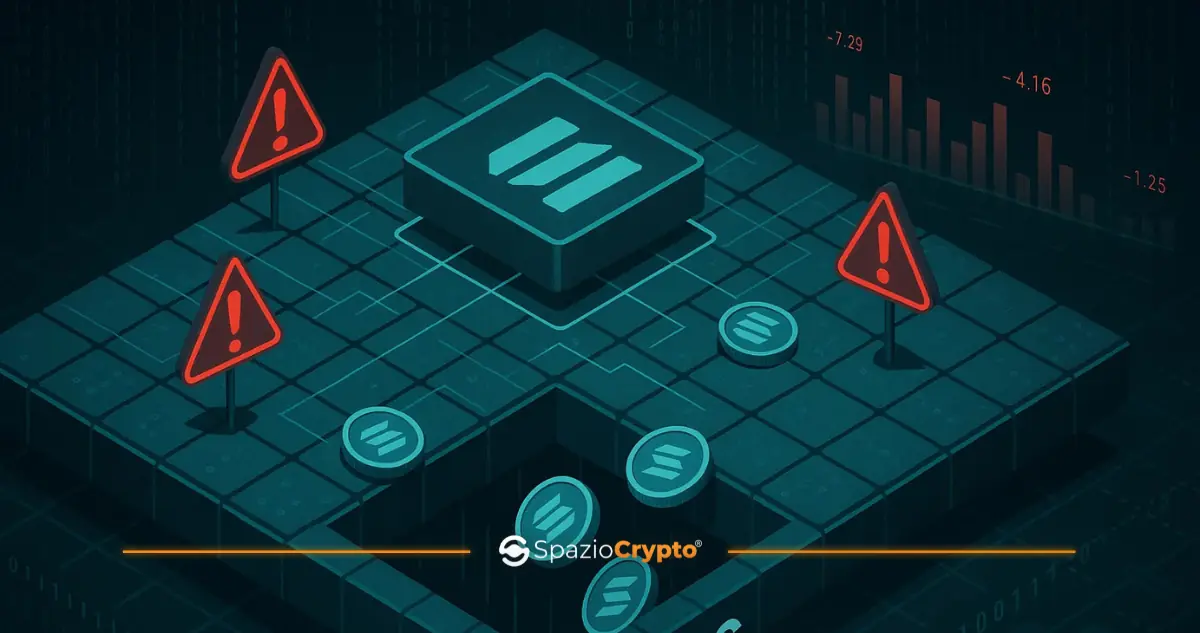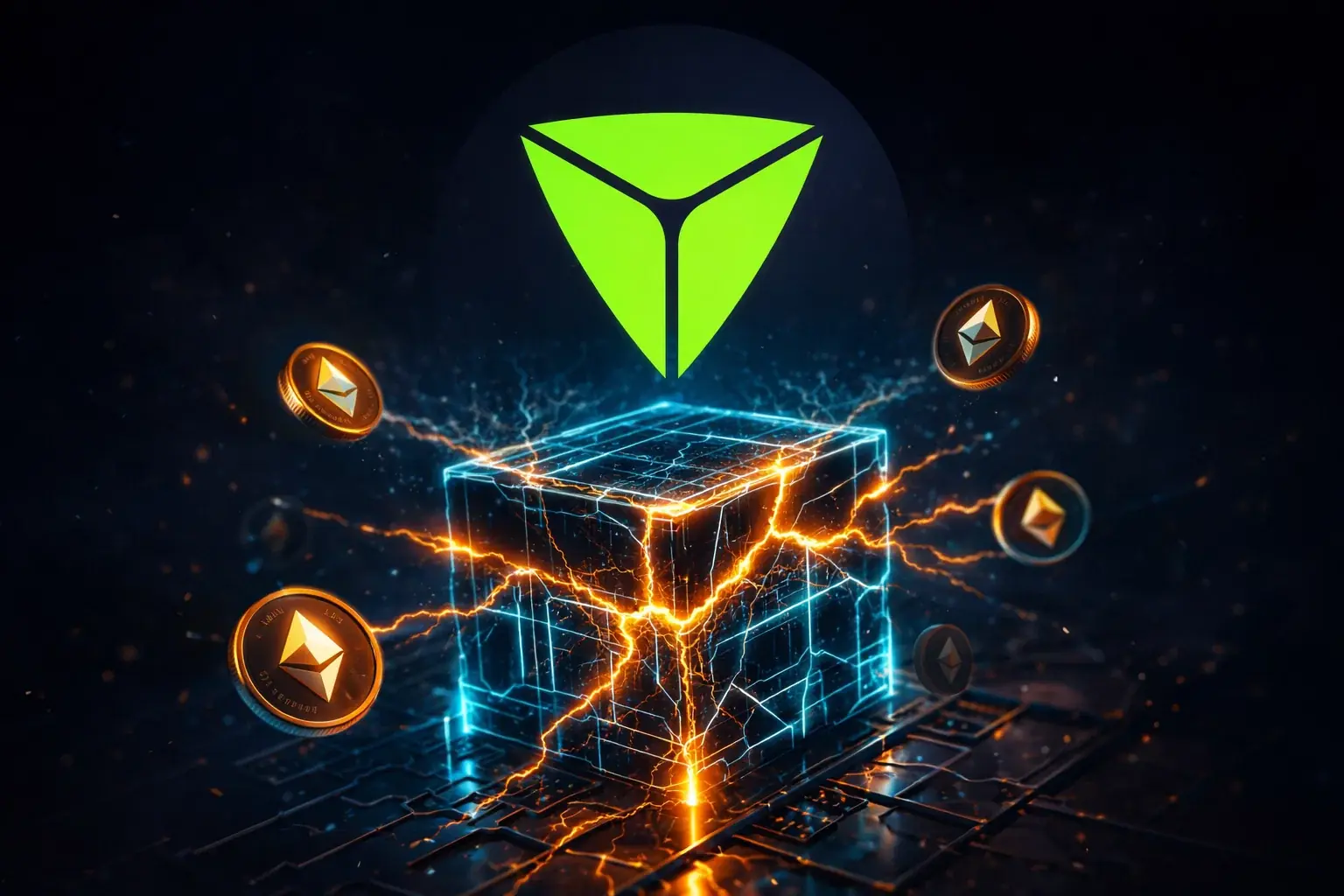Blockchain risk monitoring company Solidus Labs has revealed, via its latest report, extensive fraudulent activity on Solana's main Solana-based platforms: Pump.fun and Raydium.
The study highlights the significant dangers present in the fast-growing decentralised finance (DeFi) sector operating on Solana's high-speed blockchain. According to the report, out of more than seven million tokens launched on Pump.fun since January 2024, 98.6% exhibit characteristics attributable to fraud or fraudulent trading activity. Only 1.4% of the tokens - about 97,000 - managed to maintain liquidity of at least $1,000.
A prime example is the fraudulent MToken scheme, which caused approximately $1.9 million in losses to investors. The Pump.fun platform allows for the rapid creation of tokens without strict controls, thus encouraging malicious activity.
Ethereum's co-founder, Vitalik Buterin, recently criticised Pump.fun along with FTX for promoting speculative activity detrimental to the crypto sector.
"Good (in different ways): Railgun, Farcaster, Polymarket, Signal.
Bad (in different ways): Pump.fun, Terra/Luna, FTX.
The differences come down to what the developers believe they need to achieve," Buterin stated in a post on Warpcast.
Raydium and the "Soft Rug Pull"
Raydium, one of the leading decentralised exchanges on Solana, is also at the centre of concerns. The research shows that over 93% of the 361,000 liquidity pools on Raydium exhibit characteristics of "soft rug pull", i.e. scams in which developers gradually drain liquidity, causing substantial losses to investors.
25% of the scams identified involve amounts of less than $732, but the average loss per scam is about $2,832. The largest case on Raydium resulted in losses of $1.9 million, the same amount as the largest scandal on Pump.fun.
The problem is so widespread that Raydium has launched LaunchLab, a competing platform to Pump.fun, while sharing its technical underpinnings. Both operate on Solana, a blockchain known for its fast transactions and low costs (on average $0.00025), qualities that unfortunately also make it an ideal target for fraud and manipulation.
Despite the challenges, the report recognises Solana's potential as a blockchain ecosystem, capable of hosting viable and innovative projects. Platforms such as Raydium remain central to DeFi on Solana, handling billions of dollars in exchange volumes every month.
The Solidus Labs study finally highlights the ongoing risks for those investing in unverified tokens, which can be created very easily and without prior audits.








